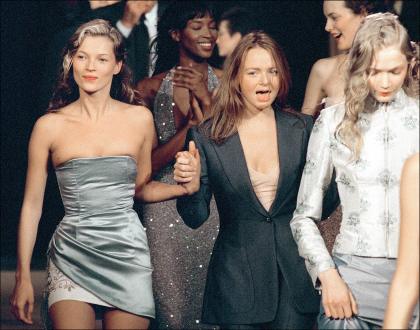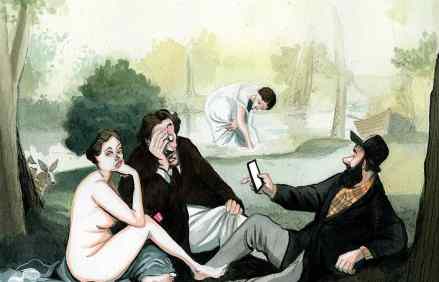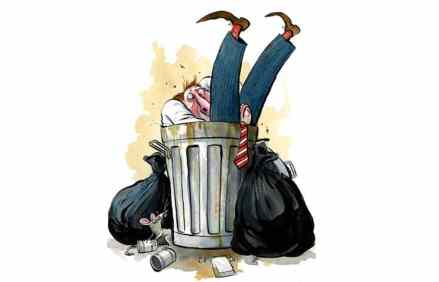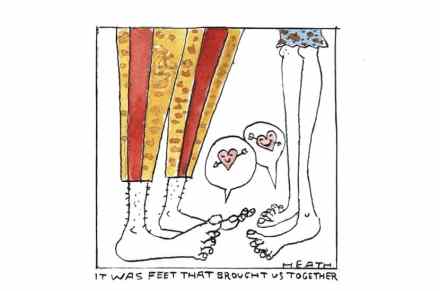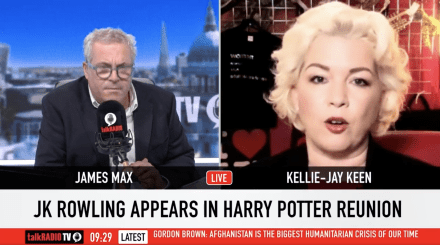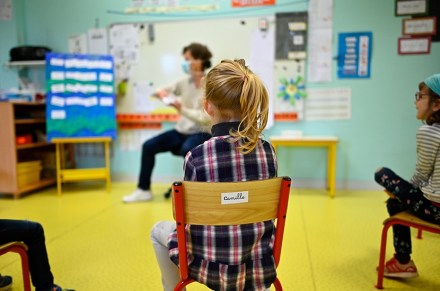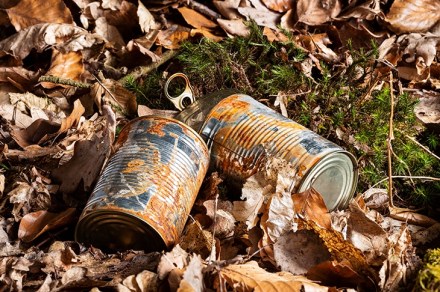Where have all the cool girls gone?
How would you describe Kate Moss? Supermodel, bad girl, party animal, everybody’s favourite plus-one? Well, after her latest announcement, you’d better add ‘wellness guru’ to that list. The 48-year-old has just unveiled her health and lifestyle brand, Cosmoss, which she has positioned as ‘self-care created for life’s modern journeys’. The woman who once said her beauty regime consisted of ‘three Cs and one V’ – cigarettes, champagne, coffee and vodka – has switched to the three Ss, trademarking the phrase ‘soulful, sensual, self-aware’. Feels wrong, doesn’t it? My first reaction to the news was: great, another cool girl who’s been swallowed up into the mundane world of green shakes and yoga.
